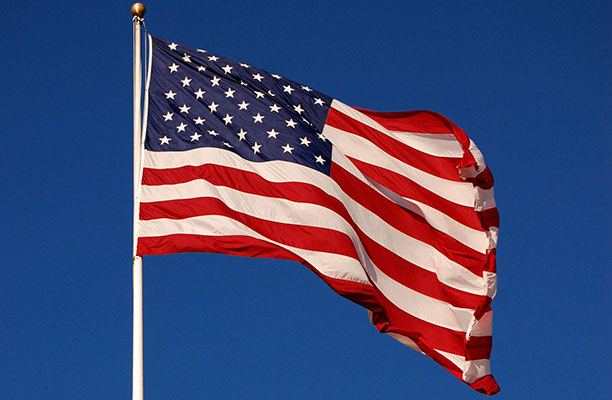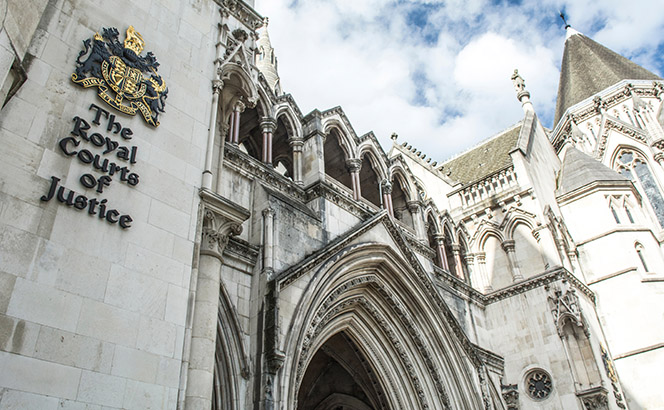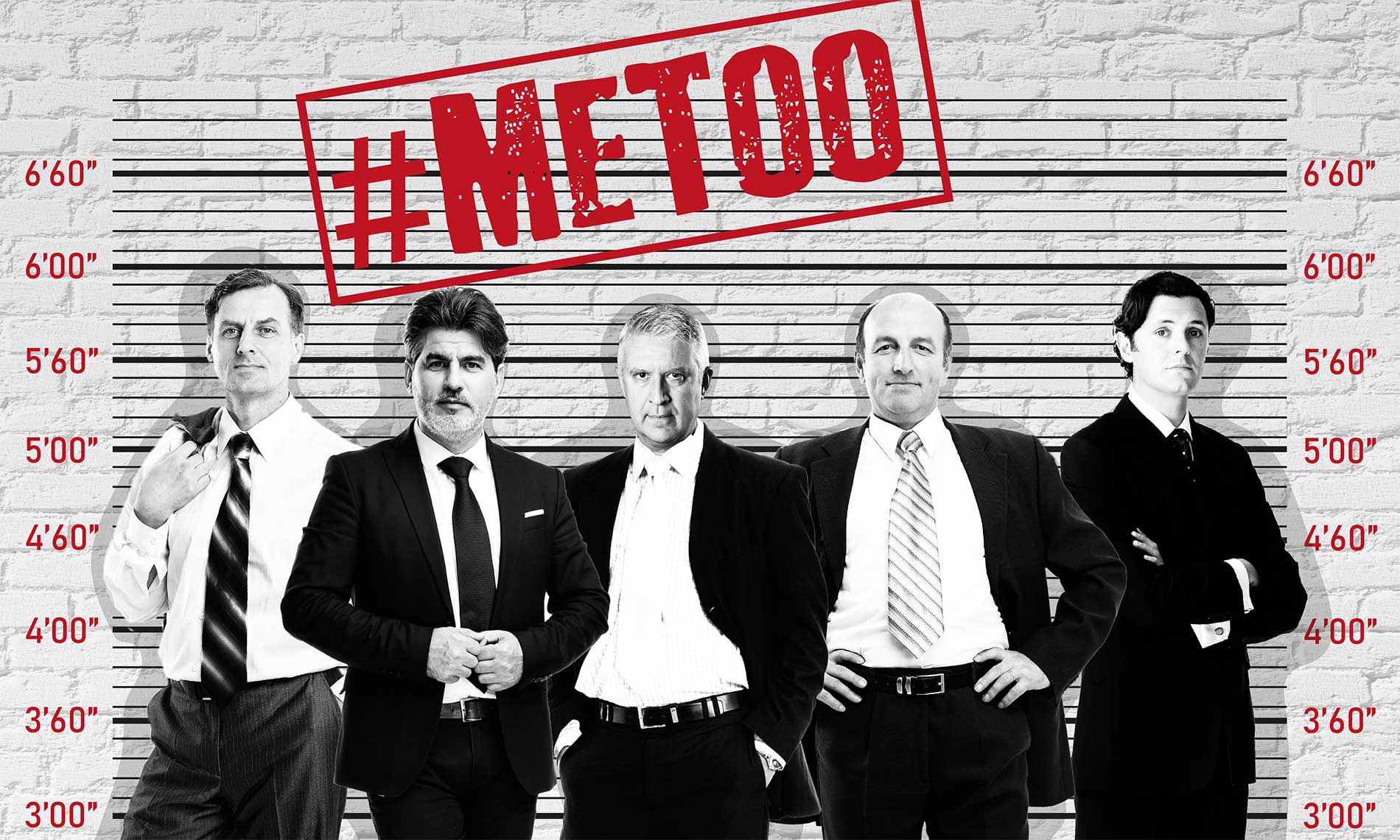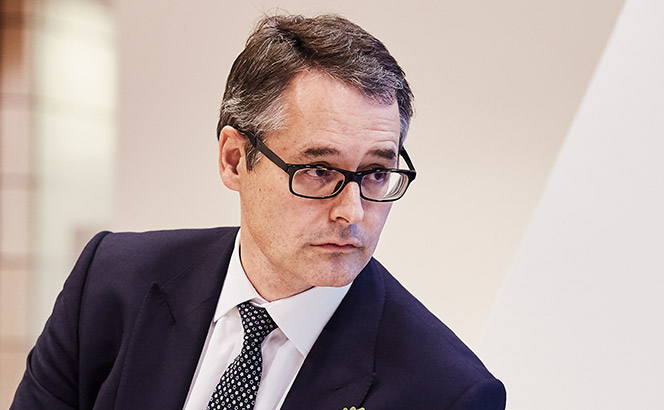
Once, not long ago, considerations of ethics were simple for law firms, if they bothered thinking about them at all. If what they were advising on was legal, however morally questionable, it was all good. Professional ethics? You didn’t need to worry – they were lawyers.
Those halcyon days are passing. Consider the convulsions in the profession regarding non-disclosure agreements (NDAs) and their rampant use covering up harassment, a debate that has simmered for a year now. This topic skewers the profession on two fronts – NDAs have not only been used by law firms as a means of concealing poor behaviour by partners towards staff but they drew up the gagging agreements used by business at large.









